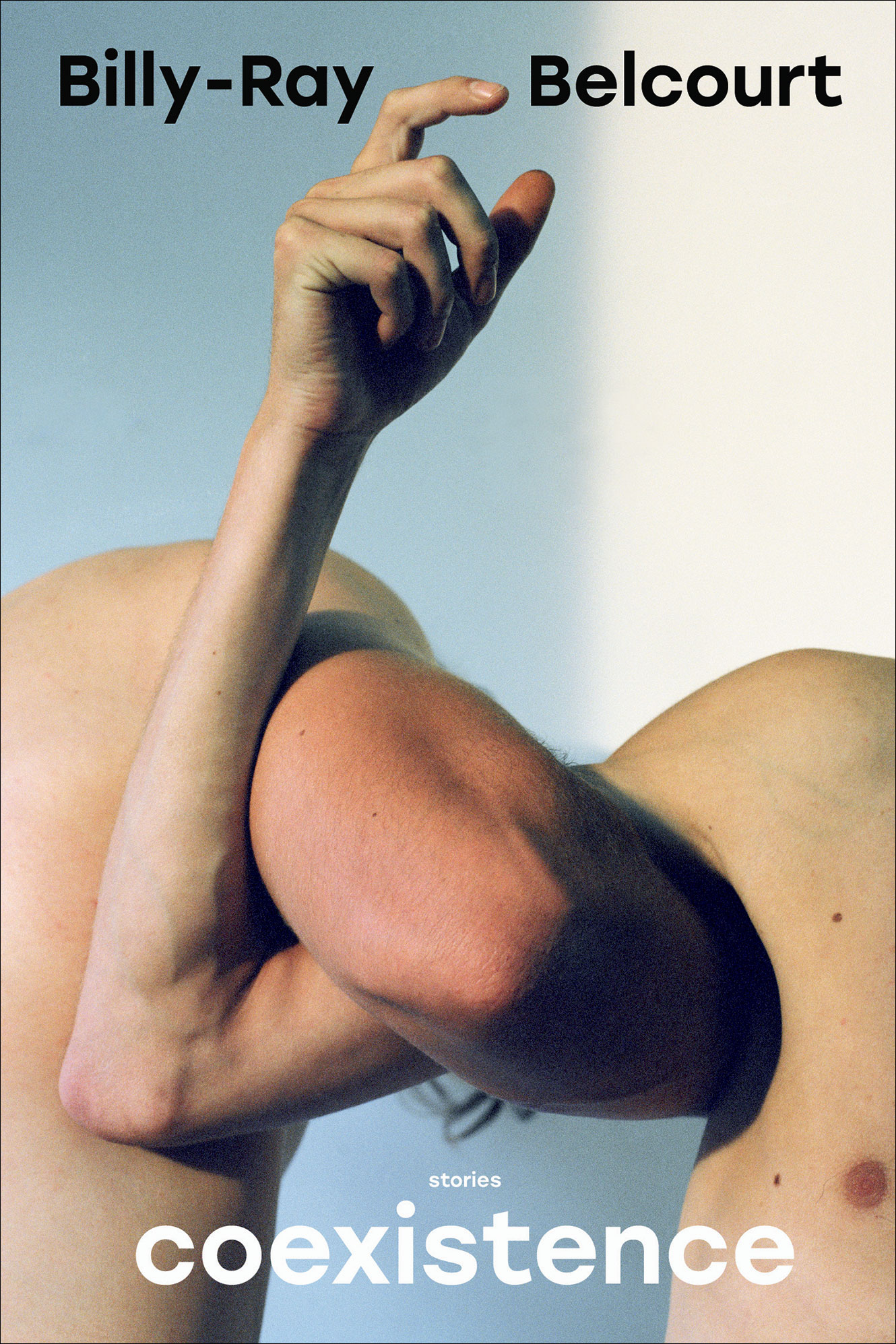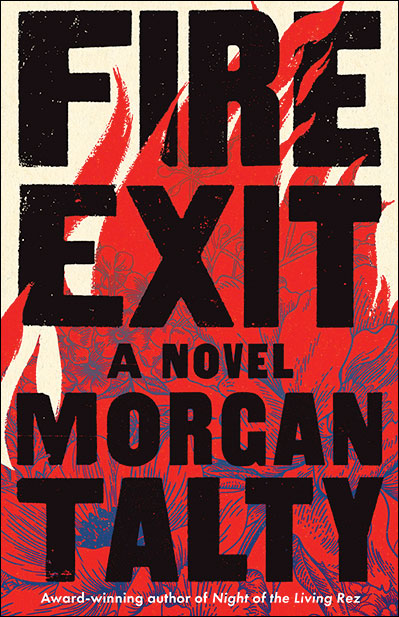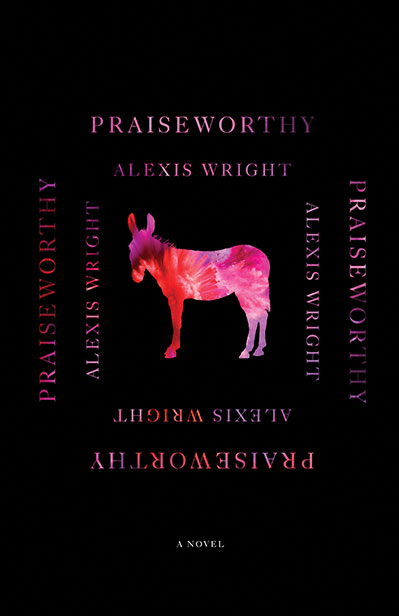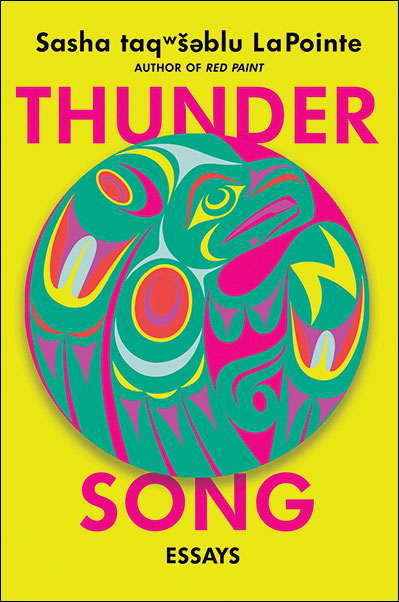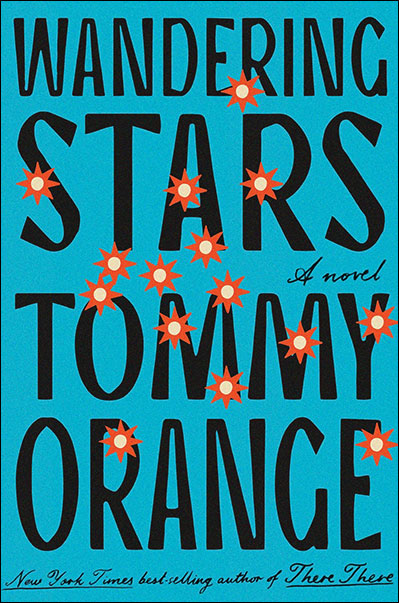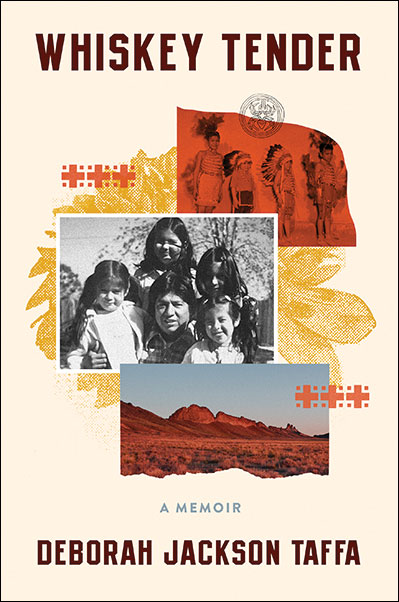Readers can get reacquainted with favorite writers—Sasha taqwšwblu LaPointe, Tommy Orange, Morgan Talty—and get to know debut authors through their fiction, memoirs, essays, and poetry.
Coexistence
Billy-Ray Belcourt. Norton, May
PW gave Belcourt’s first novel, A Minor Chorus, a starred review, lauding it as “achingly gorgeous.” The latest from the author, who is from the Driftpile Cree Nation, comprises 10 interwoven short stories that probe Indigenous love, longing, and loneliness in Canada.
more
Fire Exit
Morgan Talty. Tin House, June
Talty, a citizen of the Penobscot Nation, racked up awards for his debut collection, Night of the Living Rez, including the PEN/Robert W. Bingham Prize and the National Book Critics Circle John Leonard Prize. Fire Exit, his first novel, explores blood quantum, inheritance, and belonging from the perspective of a white man whose Native girlfriend decides to name a different man as their daughter’s father so she can be enrolled in the Penobscot Nation.
more
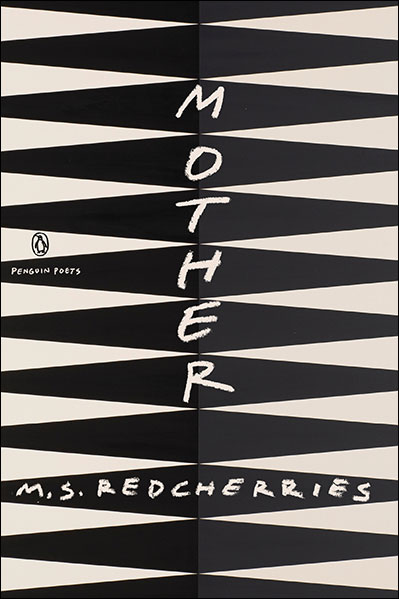
Mother
m.s. RedCherries. Penguin Books, July
Iowa Writers’ Workshop graduate RedCherries, a citizen of the Northern Cheyenne Nation, experiments with poetic form in her debut. Narrated by an Indigenous adult who was adopted as a child by a non-Native family, the work blends fragmented poetry and prose vignettes that mimic the unnamed narrator’s confrontation with her birth family’s story and her tribe’s history, as well as with adoption and heritage.
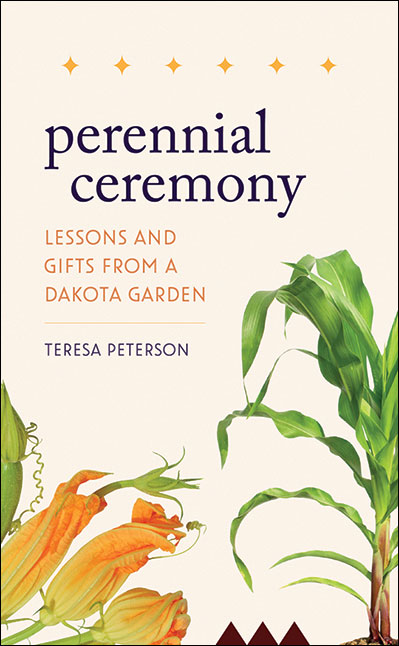
Perennial Ceremony
Teresa Peterson. Univ. of Minnesota, June
In this collection of essays, poetry, and recipes, Peterson, who is Sisseton Wahpeton Dakota and a citizen of the Upper Sioux Community, casts gardening as a spiritual communing with the land. Organized around the passing of the Dakota seasons in her garden, the book charts Peterson’s reconciliation of her Christian upbringing with Native teachings through her relationship with the earth.
Praiseworthy
Alexis Wright. New Directions, Feb.
“This freewheeling and heartbreaking masterpiece from Aboriginal Australian author Wright brims with the magic of myth and the painful realities of present-day climate change,” according to PW’s starred review. A member of the Waanyi nation, Wright won the Miles Franklin Award, Australia’s premier literary prize, for 2006’s Carpentaria. Her new novel takes place in a fictional, remote town in northern Australia, where an Aboriginal family responds to an ecological catastrophe.
more
Thunder Song
Sasha taqwšeblu LaPointe. Catapult, Mar.
The essays in this collection by Coast Salish poet and memoirist LaPointe, from the Nooksack and Upper Skagit Indian Tribes, explore her life as a queer Indigenous woman in colonized spaces. She trains particular focus on the power of music, from a symphony that LaPointe’s great-grandmother, a tribal elder, commissioned, to her own experiences in the punk scene. “Lyrical prose elevates LaPointe’s incisive and heartfelt personal reflections,” per PW’s review. “The result is a beautifully rendered snapshot of contemporary American Indigenous life.”
more
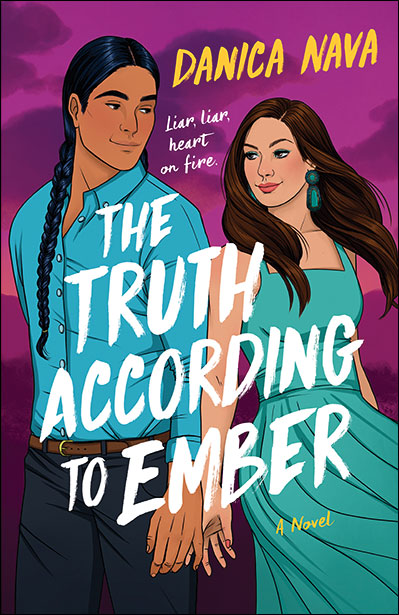
The Truth According to Ember
Danica Nava. Berkley, Aug.
Nava debuts with a workplace rom-com featuring Native protagonists. Ember—who, like the author, is Chicasaw—fudges her qualifications and her ethnic background to land a corporate accounting job in Oklahoma. When she falls for IT tech Danuwoa, who is also Native, and they date despite office policy, she gets caught up in more lies.
Wandering Stars
Tommy Orange. Knopf, Feb.
The sequel to Orange’s PEN/Hemingway-winning novel There There traces the past and present of the Bear Shield–Red Feather family. The author, an enrolled member of the Cheyenne and Arapaho Tribes of Oklahoma, shows how three generations experience the impacts of the 1864 Sand Creek Massacre, the notorious Carlisle Indian Industrial School, and the 2018 shooting at an Oakland powwow that closed There There. “This devastating narrative confirms Orange’s essential place in the canon of Native American literature,” according to PW’s starred review.
more
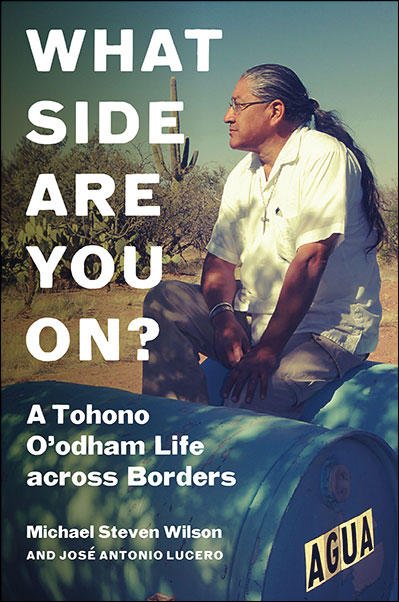
What Side Are You On?
Michael Steven Wilson and José Antonio Lucero. Univ. of North Carolina, June
Wilson, a member of the Tohono O’odham Nation, began setting up water stations on tribal lands for migrants crossing the U.S.-Mexico border in 2002. This decision brought him into conflict with tribal leadership and with the U.S. government he once served as a military adviser. Wilson reflects on what led him to offer water in the Sonoran Desert, while Lucero, a professor of history and international studies at the University of Washington, provides historical and political context.
Whiskey Tender
Deborah Jackson Taffa. Harper, Feb.
Growing up as a citizen of both the Quechan (Yuma) Nation and Laguna Pueblo in the 1970s and ’80s, Taffa, now director of the MFA in creative writing program at the Institute of American Indian Arts, was encouraged to assimilate into white American culture. Her memoir reckons with the false promise of the American Dream. PW cites Taffa’s “visceral prose and sharp attunement to the tragedies of assimilation” in a starred review.
more



